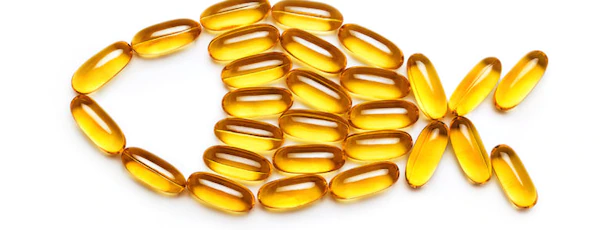Veganism, Sex, The Menopause and Science
Every Veganary I get a flutter of emails and with the publicity around recent films such as The Game Changers I’ve had more than usual this year. So I thought it was about time to put down my thinking on this issue.

Veganism is defined by The Vegan Society as –
A way of living which seeks to exclude, as far as is possible and practicable, all forms of exploitation of, and cruelty to, animals for food, clothing or any other purpose.
Therefore veganism is predominantly a moral and ethical choice. On morals and ethics my personal opinion is irrelevant - nor is it professionally appropriate for me to offer one.
When I work in clinic it’s my job to respect the moral views of all my patients whether they are vegan or choose to exclude foods for other reasons such as religious beliefs.
However, what I find interesting about the recent documentaries such as The Game Changers is the discussion has moved from ethics into the area of health.
And that is one area I am qualified to take a view on.
So this is where I stand -
Firstly, yes everyone should eat more veg. Not much debate on this one. Agreed.
I disagree there is one way of eating which will suit everyone. Across the world there are many people who live on widely different diets and experience good health.
There is not one diet for all.
However more importantly the “science” presented in many of these films is shaky. The evidence they offer looks convincing when you watch it but how many of us actually have the time to check the data being presented?
If you want to watch someone who has checked the data there are two good YouTube videos by Chris Kresser who has taken the time to go through the research used on The Game Changers.
If you have been convinced by a film such as The Game Changers to change how you eat based on the science alone then you do need to watch this.
You’re in for a long haul though – which is interesting in itself. This is a complex area and I can sum it up by saying the health claims around veganism are not as clear cut when you look at the actual research.
As I see it the current debate about veganism is not looking in the right place. If you choose to eat vegan as an ethical choice then for me there is no debate.
The heart of this debate should instead be the misuse of “scientific data” to make films, sell newspapers and further commercial interests.
Last week’s news about sex and the menopause perfectly illustrated the issue of misrepresentation in scientific research.
The Telegraph even went on to say “Having sex on a regular basis may lower the risk of going through an early menopause”.
These headlines and interpretation of the data would lead you to believe the research concluded if you have more sex then a woman’s menopause could be delayed.
I looked up the actual paper published by The Royal Society.
The title of the research paper is quite different from what was presented in the news – “Sexual frequency is associated with age of natural menopause”.
Now this next bit is a bit geeky, but it’s important.
In scientific research “association” is not the same as “causation”.
For research to find “causation” it would mean evidence was found of a cause-and-effect relationship. On other words - changes in one measured area directly caused changes in the other - ie having more sex delays a woman’s menopause.
This was not found in the study.
What they found was an “association” between sexual frequency and later age of menopause. This means when they looked at the data collected they found a relationship between them, but this does not mean this relationship was causative.
They could have looked at the data and found associations between sexual frequency and hair colour, or liking the colour blue – but these are equally not necessarily causative.
Another possibility could be women with higher levels of sex hormones have a higher libido and this difference in hormone levels means they go through the menopause later. But we’ll never know - this study didn't report on their sex hormones, because this is not what the researchers were looking for.
The reason this is important is the interpretation of health and diet data depends on who is reading it, what message they want to relay and the bias of the reporters.
Research on diet is notoriously difficult because people do not consume foods in an isolated environment. Most of the research studies quoted do not control for other variables in health outcomes - such as alcohol use, stress, sugar consumption and socio-economic group.
So where does that leave us?
I reiterate, people’s moral and ethical choices around what they chose to eat is not at area I take a professional view on.
However, when we get on to “science”, “health” and “research” it’s a complex, murky, sticky area so don’t believe everything you read in the papers or watch on TV.
If your health is good and energy levels are excellent it’s most likely what you are feeding your body suits you. If so, well done and keep going!
If not and you need help there are people who are trained to help you navigate your diet. They will also consider your ethical choices - whatever they may be.
Find a qualified Nutritional Therapist through BANT or IFM. They will have read the research and should give you an educated and non-biased view on what might suit you best.
If you’re after some general guidelines on food you can’t go wrong with Michael Pollan’s little book Food Rules: An Eater's Manual. Perfect no matter what diet you choose to follow.
Debbie x

















